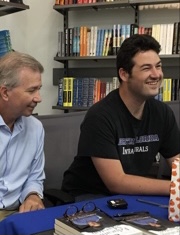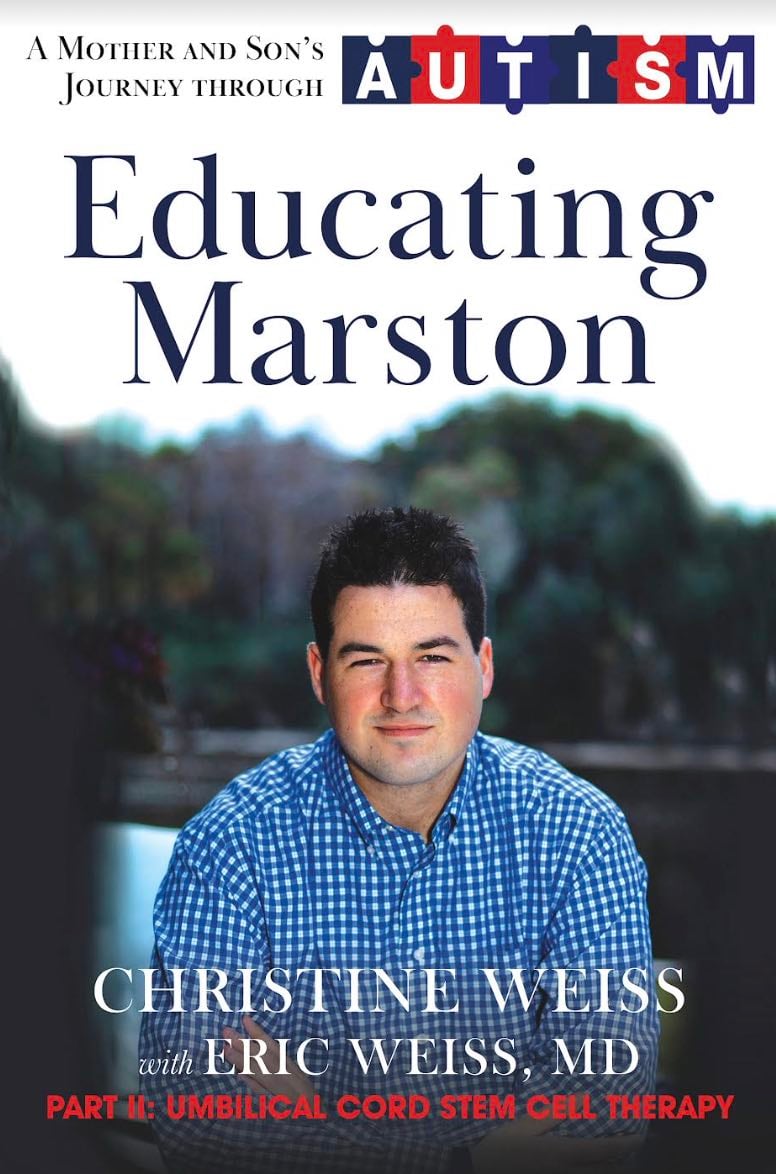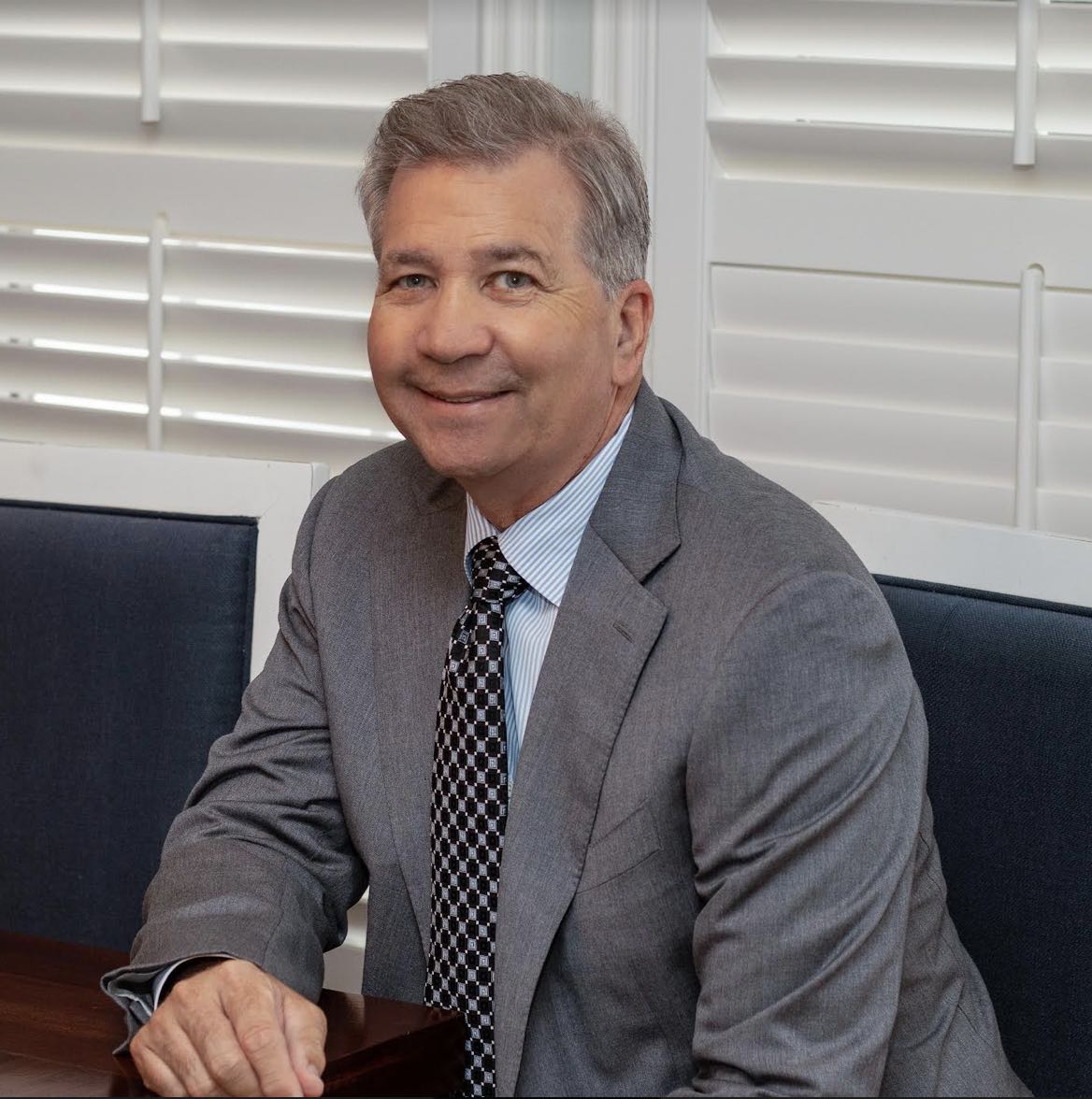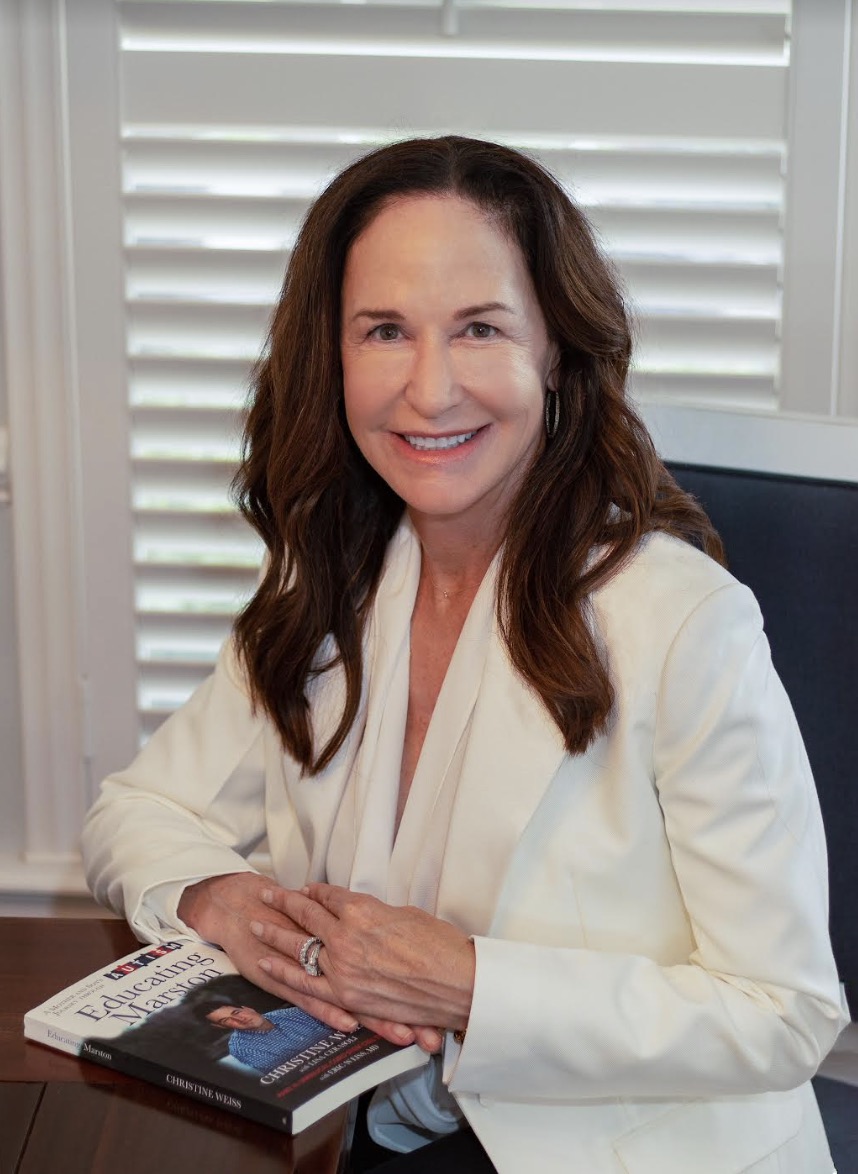
April is Autism Awareness Month, a time to educate and raise awareness about autism spectrum disorder (ASD). It is estimated that 1 in 54 children in the United States is diagnosed with ASD, a neurodevelopmental disorder that affects social communication and behavior. With the increasing prevalence of autism, spreading awareness about the disorder and supporting families on this journey is crucial.
Autism significantly affects the families of those with it. Knowing how to assist those diagnosed with ASD requires a set of life-altering skills that many struggle with – be it because of a lack of accessible care, lack of information, or neglecting the physical and mental health of the caretakers. It’s essential to bring to light the inspiring journeys of people finding motivation and bravery to deal with everyday life with ASD. Such is the story of Dr. Eric Weiss and Christine (Chris) Weiss and their son Marston, who was diagnosed with autism at a young age. Their story of hope and healing serves as a beacon of hope for families struggling with similar challenges.

Early Struggles and Hard Work
Dr. Weiss and Chris met while working at Bayfront Medical Center and started their journey together. They were blessed with a son, Marston, born with autism. Their journey was difficult as they struggled to find the right therapies and treatments to help their son.
Through hard work and dedication, they found a way to help them rehabilitate their son and lead him to a somewhat independent life. Dr. Weiss spoke about the journey: “We continued to work hard, and Marston made amazing gains. We found a lot of wonderful therapies.” Their efforts paid off, and Marston’s progress was remarkable.

Three Steps on Stem Cells
A plastic and reconstructive surgeon, Dr. Weiss always sought new therapies to help his son. His search led him to umbilical cord blood/stem cell therapy, a regenerative therapy that could help Marston’s condition.
Dr. Weiss spoke about his interest in the therapy: “Back in the late 80s, when I was at the University of California, San Francisco, some incredible discoveries were made about the healing properties of umbilical cord blood and fetal environment. And I always thought that there was a possibility that that could play a role in helping my son.”
Their journey led them to researchers at Duke University, where a landmark study showed that umbilical cord blood significantly improved autistic symptoms in 60% of the children in the study.
The study also showed that children with autism had an inflammatory process in their brains, which made sense to researchers since other neurologic diseases like Alzheimer’s and Parkinson’s disease also involve inflammation.

Sharing their Story to Help Others
While Marston’s upbringing was challenging, they continued their efforts as they continuously and bravely supported their son on his road to independence. In that light, Chris Weiss decided to write a book about their journey to help other families going through the same struggle.
Educating Marston: A Mother and Son’s Journey Through Autism is a heartfelt memoir that shares their journey with autism and the therapies and treatments that helped Marston improve. “I felt spiritually driven to write this book, to help those behind me on this journey,” Chris explained. “This has made a difference in so many people’s lives, and I’m really happy that we both wrote a book.”
While they’re both aware there is no concrete cure for autism, acceptance plays a big part in everyday life. Going in and out of therapy and carefully mapping out each step of recovery is important, but Weis also urges parents to manage their expectations. As medical approaches to ASD progresses, there are also new therapeutic approaches, and they point out that there should be individual, case-by-case approaches to each patient. After years of trying, one approach worked wonders for their son. As they say, “Not giving up is a huge part of our success.”
Dr. Weiss and Chris’s success led them to share their story with others. They opened access to this therapy for families who couldn’t participate in research studies. “My wife primarily persuaded me to offer this to the people who couldn’t participate in your study, to open it up to people,” Dr. Weiss explained.
“Because there’s some significant benefit where these healing cells can alter the chemistry and the profile of the autistic brain.” Dr. Weiss and Chris’ journey with Marston inspires other families dealing with autism.
Advertising disclosure: We may receive compensation for some of the links in our stories. Thank you for supporting LA Weekly and our advertisers.
